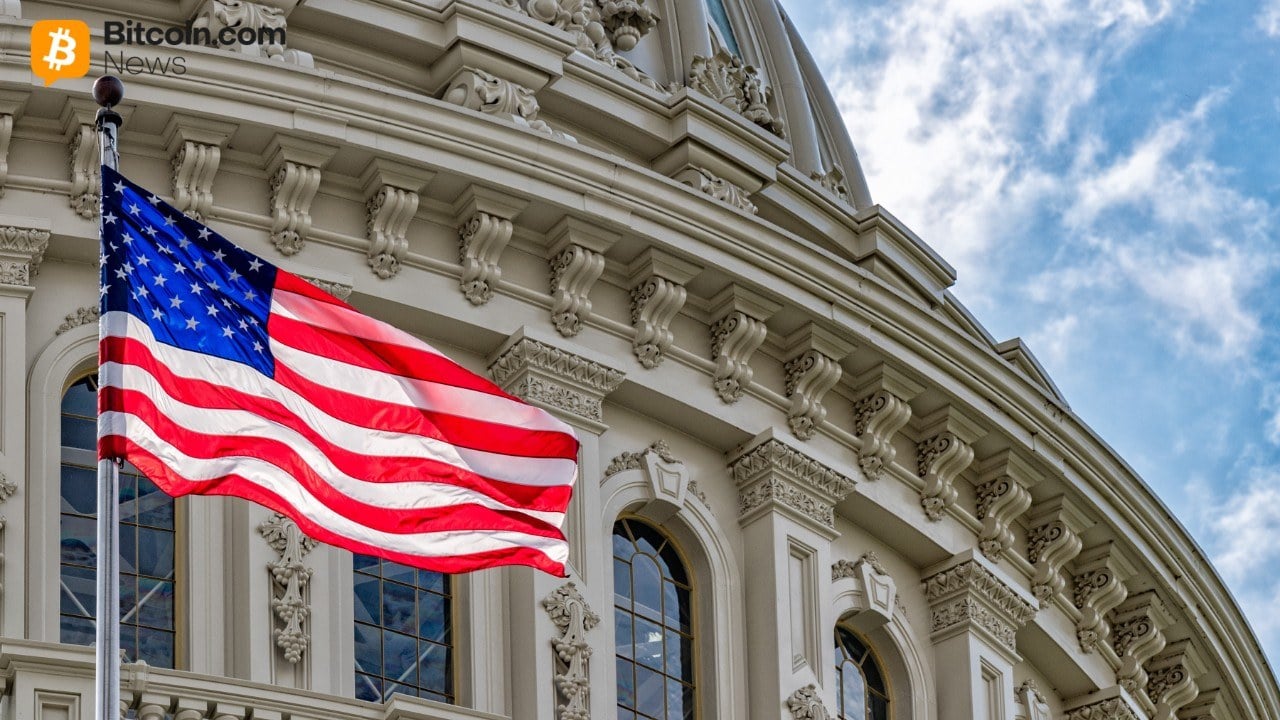Self-Custody vs. Exchanges: Which Is Safer? AllinCrypto May 9, 2025
Cryptocurrencies can be stored in a variety of ways thanks to their decentralized nature and the existing range of versatile Web3 wallets.
For many investors, self-custody over their crypto holdings is preferable due to being able to keep their crypto locked with their own keys. For others, an exchange can take over.
Let’s break down the pros and cons of self-custody crypto storage compared to exchanges, and which option could be best for you.
Self-Custody: Crypto Wallets
Self-custody means being able to hold and store your cryptocurrency holdings in your own web3 wallet, such as Metamask, Phantom, or a native wallet, depending on which blockchain you are using.

Self-custody allows traders and investors to manage their crypto holdings fully, owning a key to their wallet and passwords related to storage.
If an investor wants to import their wallet from one PC to another, they are able to do so by quoting their seed phrase and password on a new device.
Web3 wallets allow users to interact with decentralized applications and unlock new DeFi experiences that custodial wallets are unable to provide.
Self-custody wallets like Metamask allow investors to gain access to dApps, token marketplaces, decentralized exchanges, and unique yield opportunities.

Long-term cryptocurrency holders tend to utilize self-custody wallets and hardware wallets due to their ease of use and peace of mind.
It’s hard for sole-custody wallets to become compromised if a user is aware of who has access to their wallet password and seed phrase. Users who are confident that they can keep their personal information secure benefit from long-term, self-custody crypto wallets.
Exchanges: Custodial Wallets
Keeping cryptocurrencies on an exchange wallet is done by many traders who don’t feel the need to transfer their tokens to a self-custody wallet.
There can be many reasons as to why, but exchange wallets give users multiple recovery settings in case they forget their logins or their wallets are at risk of being compromised.

Compared to self-custody wallets, users must keep their seed phrase safe. With exchanges, there are different ways to keep your crypto holdings safe with multiple security locks.
Exchanges offer 24/7 customer support and are easy to use for cryptocurrency newcomers who have yet to explore the decentralized landscape or are getting used to investing.
Keeping crypto on an exchange comes with risks related to hacks and exchange insolvencies, which are far too common during bear markets.
In recent years, FTX exchange collapsed, causing millions of users to lose their crypto holdings with few ways of getting their money back.
When using and storing crypto on an exchange in the long term, it’s important to recognise the risks despite how easy it is to get started with trading.
Experienced cryptocurrency traders say that because you do not own the wallet keys to your holdings on an exchange, they your crypto is not yours. The saying of “Not your keys, not your wallet” can ring true if an exchange goes through a rough time or they are hacked.
Self-custody vs Exchange wallets: Which is safer?
It’s important to remember the various pros and cons of self-custody and exchange wallets when it comes to cryptocurrency investing as a beginner.
Depending on which option is safer will come down to your preferences and intended usage if you prefer to go for self-custody wallets like Metamask or keep your crypto on an exchange such as Binance, Coinbase, or KuCoin.
The post Self-Custody vs. Exchanges: Which Is Safer? first appeared on AllinCrypto.







